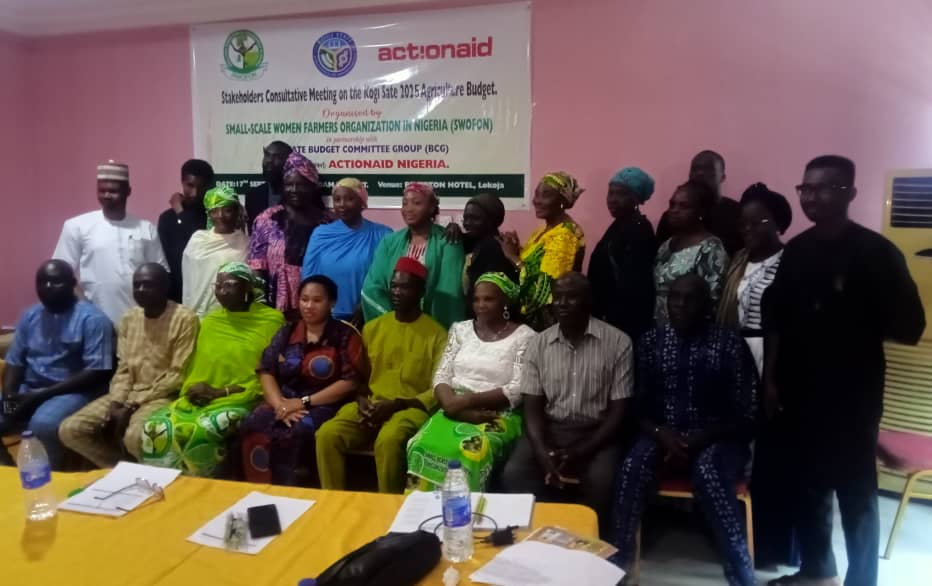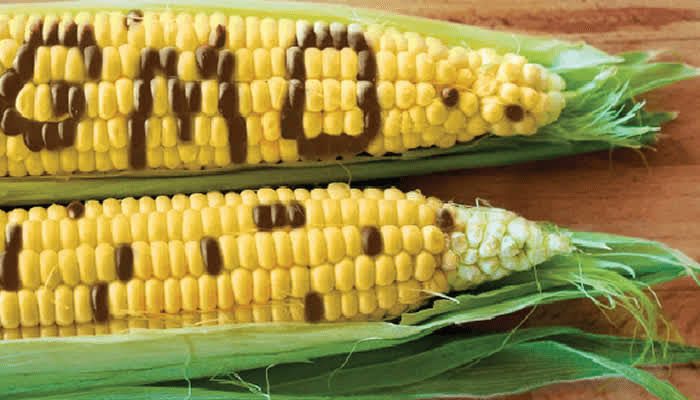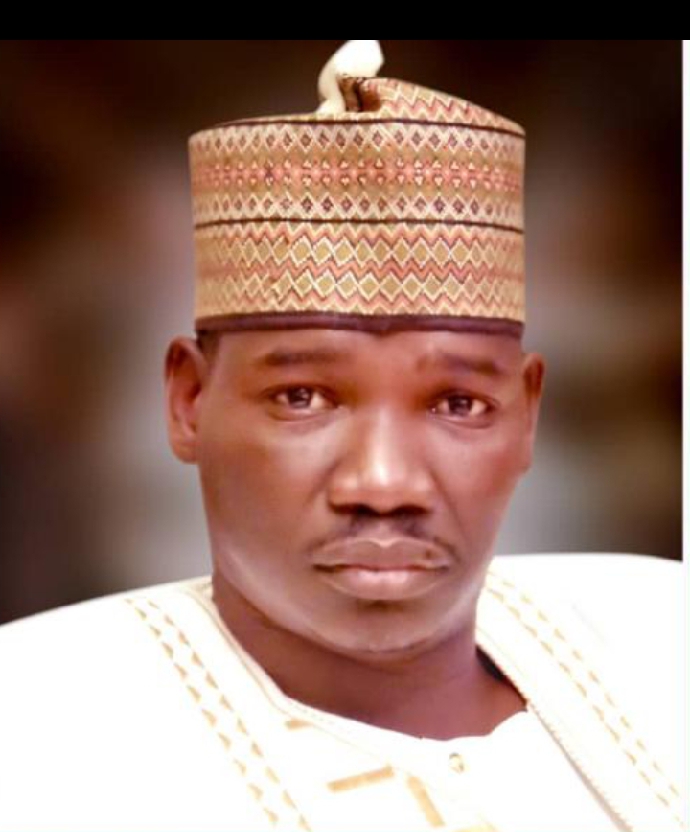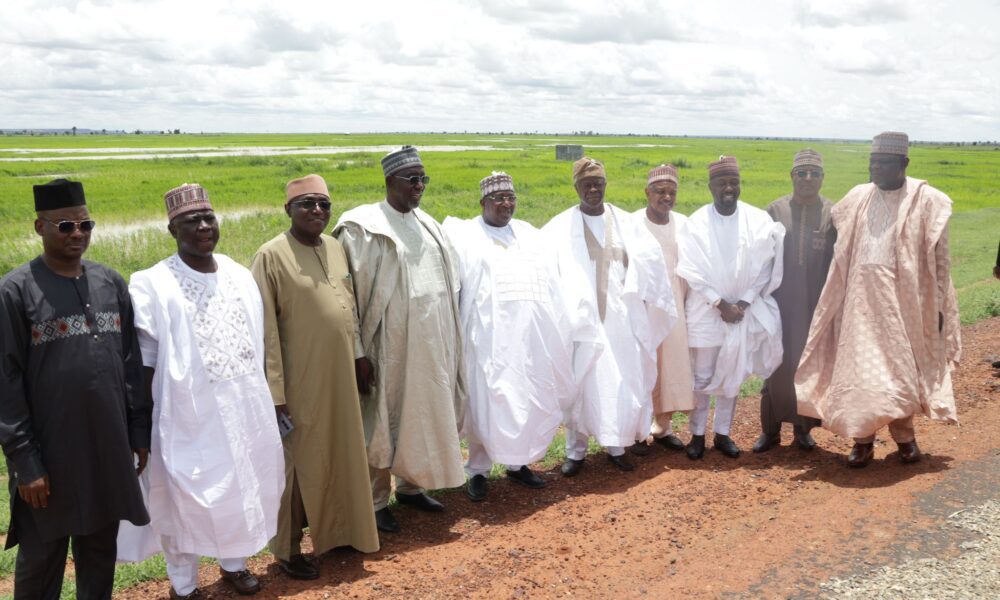By Friday Idachaba, Lokoja
ACTIONAID Nigeria has called on the government to increase public investment in agriculture, adopt inclusive budgeting, and promote agroecology to tackle food inflation in the country.
Blessing Akhile, Food and Agriculture Programme Adviser, ActionAid Nigeria made the call in her opening remarks at a Stakeholders Consultative Meeting on the Kogi Sate 2025 Agriculture Budget on Tuesday in Lokoja.
The meeting was organized by Small-scale Women Farmers Organization In Nigeria (SWOFON) in collaboration with Kogi State Budget Committee Group (BCG) with support from ActionAid Nigeria.

“We know how important agriculture is to Nigeria and also to Kogi state. If you check statistics, agriculture is a major contributor to economic development and it is also one of the major activities that generate income for the economic growth in Kogi state.
She said government needed to get it right in the budgeting for the sector by making the processes participatory with citizens’ inputs including among others, employment creation, economic growth and ensuring food security.
The ActionAid Programme Adviser said Nigeria should have no business with issues of food inflation We see what has been food inflation everywhere. Nigeria has no business having issues with food inflation.
Akhile said ActionAid is currently working on scaling up of public investment in Agriculture in eight states including Kogi adding, “We have the project in Bauchi, Gombe, Delta, Ebonyi, Ondo, Kwara, Kogi States and the FCT.”
The state Commissioner for Agriculture and Food Security, Mr Timothy Ojomah represented by the Permanent Secretary of the Ministry, Mr Akin Jonah Enehe said Agricultural Production was crucial adding efforts must be made for the sector to succeed.
Ojomah said Agriculture remained the only solution to the nation’s food inflation and related crisis problem saying there was need to scale up agricultural activities in Kogi State.
The Commissioner said that the state government was making inroads into upscaling wet season farming with additional N5 billion adding that there was need to ensure accessment, utilization and monitoring.
Dr. Bello Ogirima, Managing Director of Kogi Agricultural Development Project (ADP), highlighted the state’s potential for food production, citing land, population, and technical expertise.
He praised Governor Alhaji Ahmed Usman Ododo’s interventions, including empowering 7,000 farmers with 5,000 hectares of land and free inputs.
Hon. Dr. Bello Oluwaseyi Victor, House Committee Chairman on Agriculture, stressed the need for legislative support and budgetary provisions to reinforce the performance of agricultural agencies and ministries.
The Legislator commended the organizers of the programme saying, “This feedback mechanism to the government does not only play a major advisory role, but also evaluate the performance of government’s PPPs to ensure value for money.”
Special Adviser to Governor Ahmed Usman Ododo on Agriculture, Hon. Otaru Abdulkabir said time had come for stakeholders in the Agriculture sector at national and sub-national levels to look inwards with high level of commitment to the cause of food security.
Hon. Abdulkabir however reemphasize d the commitment of governor Ododo’s administration to the development of agriculture as exemplified in his recent specific directive exempting civil servants and politicians from benefitting in fertilizers and inputs distribution but to genuine farmers only.
The meeting aimed to generate citizen inputs for the 2025 budget and ensure participatory governance in agriculture.
Stakeholders called for targeted investments, subsidized inputs, and climate-resilient practices to boost food production, employment and economic growth.
Earlier in his speech, Chairman of the State Budget Committee Group, Mr Matthias Okpanachi, reiterated the need for citizens to take bold steps towards agricultural growth saying that the meeting was aimed at driving agricultural growth, improve livelihoods, and ensure food security.
Okpanachi emphasized the importance of collaboration and cooperation in navigating climate change, market fluctuations, and technological disruptions. (Ends)




